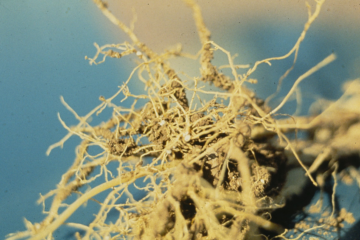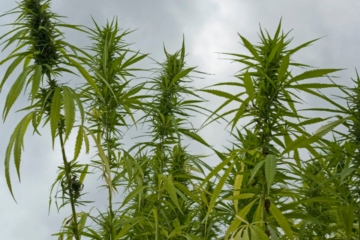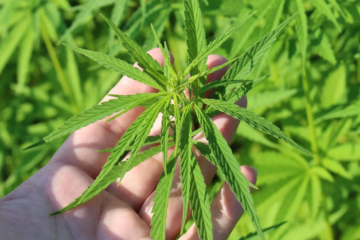The Therapeutic Goods Administration (TGA) has released the latest data on the Special Access Scheme Category B (SAS-B) applications for medicinal cannabis products in January 2024. The data shows that Queensland was the top state for generating the most approvals, followed by Victoria. The data also reveals that high-THC, category 5 medicine was the most popular type of product, and that chronic pain was the most common condition treated with medicinal cannabis.
Queensland dominates SAS-B approvals
According to the TGA, there were 10,596 SAS-B applications approved in January 2024, compared to 9,375 in December 2023. This represents a 13% increase in the number of applications and a strong start to the new year for the medicinal cannabis sector.
Out of the 10,596 applications, 4,067 came from Queensland, accounting for 38% of the total. This is a significant increase from the 3,271 applications from Queensland in December 2023, and shows that the sunshine state has overtaken Victoria as the leader in medicinal cannabis access.
Victoria was the second highest state for SAS-B approvals, with 3,823 applications, or 36% of the total. This is a slight decrease from the 3,912 applications from Victoria in December 2023, but still a high number compared to other states.
The other states and territories had much lower numbers of SAS-B approvals, with New South Wales at 1,378, Western Australia at 557, South Australia at 375, Tasmania at 214, Australian Capital Territory at 116, and Northern Territory at 66.
High-THC, category 5 medicine preferred by most patients
The TGA data also shows that high-THC, category 5 medicine was the most requested type of product by SAS-B applicants, contributing almost half of the approvals, with 5,187 applications, or 49% of the total. This is an increase from the 4,685 applications for high-THC, category 5 medicine in December 2023, and indicates a growing demand for this type of product.

High-THC, category 5 medicine is defined as a product that contains more than 10 mg/g of tetrahydrocannabinol (THC), the main psychoactive component of cannabis, and less than 10 mg/g of cannabidiol (CBD), the main non-psychoactive component of cannabis.
The data also reveals that men were more likely to apply for high-THC, category 5 medicine than women, with 68% of the applications coming from male patients, particularly those aged 18 to 44. Out of the 5,187 applications for high-THC, category 5 medicine, 2,252 were from men aged 18 to 44, or 43% of the total.
The other types of products that were approved by the TGA under SAS-B were low-THC, category 4 medicine (2,921 applications, or 28% of the total), balanced-THC/CBD, category 6 medicine (1,788 applications, or 17% of the total), and high-CBD, category 7 medicine (700 applications, or 7% of the total).
Chronic pain remains the top condition treated with medicinal cannabis
The TGA data also shows that chronic pain was the most common condition for which patients sought medicinal cannabis treatment, with 4,661 applications, or 44% of the total. This is consistent with previous months, and reflects the evidence that medicinal cannabis can be an effective and safe alternative to opioids and other painkillers for some patients.
The other conditions that were treated with medicinal cannabis under SAS-B were anxiety (3,391 applications, or 32% of the total), sleep disorder (954 applications, or 9% of the total), post-traumatic stress disorder (PTSD) (212 applications, or 2% of the total), depression (211 applications, or 2% of the total), and other (1,167 applications, or 11% of the total).
The data also shows that oral solutions were the most popular format for medicinal cannabis products, accounting for 49% of the approvals, with 5,193 applications. This is followed by flower (3,810 applications, or 36% of the total), inhalation (843 applications, or 8% of the total), and capsules (750 applications, or 7% of the total).
The SAS-B applications were generated by 876 prescribers, who are medical practitioners authorized by the TGA to prescribe medicinal cannabis products to their patients.
The TGA data provides a snapshot of the current state of the medicinal cannabis sector in Australia, and shows that there is a growing demand and supply for this type of treatment. The data also highlights the regional and demographic differences in the access and preferences for medicinal cannabis products, and the need for more research and education on the benefits and risks of this emerging medicine.



